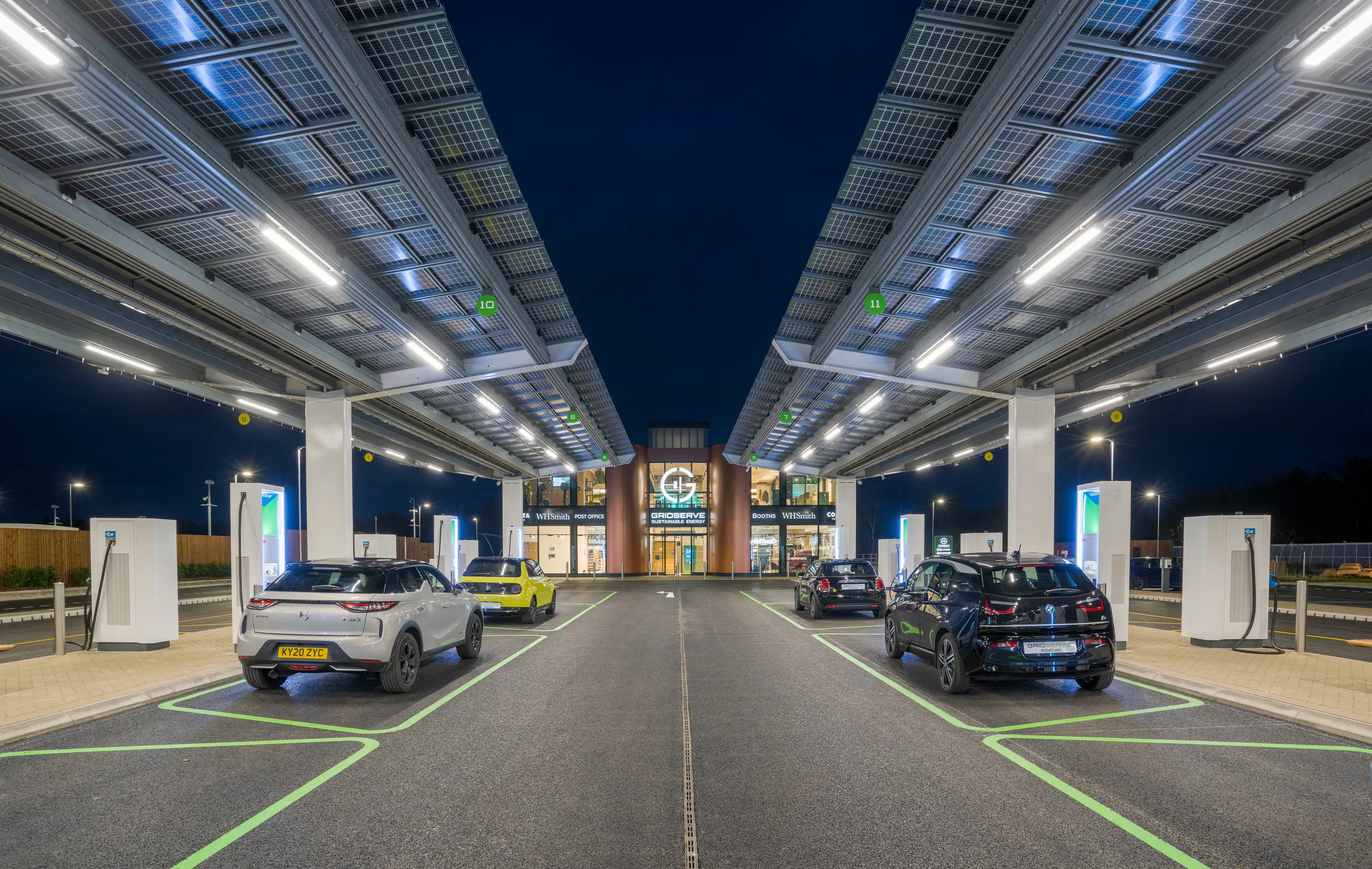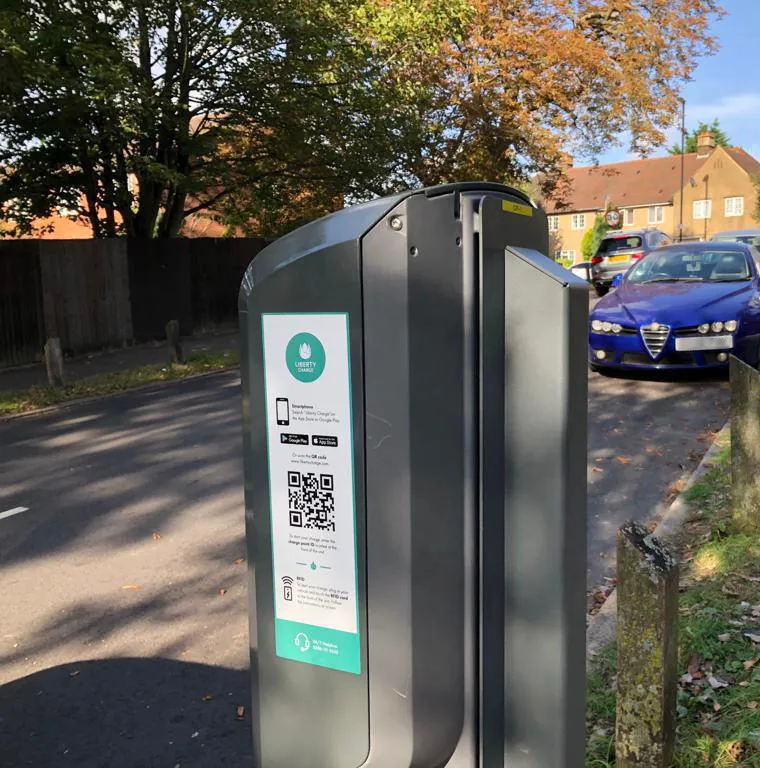Potential purchases of electric vehicles with have limited widespread impact without a national charge point network, particularly on motorways and major A-Roads, according to a report by the
Report author Harold Dermot outlines several challenges that need addressing.
Currently, 80% of EV owners have access to home charging, but 93% use the public charging network. In June 2017 around 13% of charge points were out of action at any one time and a lack of standardisation of connectors and charging protocols has resulted in an array of types of charge point, connectors and tariffs which is poorly presented to the public. In addition, rapid charge points (50KW and above) are essential for battery electric vehicles on long journeys but are irrelevant for plug-in hybrid vehicles which can only recharge at 3.6KW.
The report highlights the Automated Electric Vehicle Bill as presenting an opportunity to address these issues by ensuring appropriate charge points on motorways and grants for providers that also use energy storage units. Charge point operators should cooperate on shared methods of payment and to introduce time limits for repairing faulty recharging equipment.
RAC Foundation director Steve Gooding, said: "We may be on the cusp of a motoring revolution, but step-changes in vehicle technology must be matched by equally big strides in our recharging infrastructure. The Automated and Electric Vehicles Bill offers the opportunity to make sure that happens."
However, Matt Dyer,
“Over half the cars on the road belong to companies and making the transition to an electric fleet is one of the easiest ways for businesses to lower their emissions and to help tackle climate change,” he added.
RAC Foundation: National charge point network needed for electric vehicles
Potential purchases of electric vehicles with have limited widespread impact without a national charge point network, particularly on motorways and major A-Roads, according to a report by the RAC Foundation. Report author Harold Dermot outlines several challenges that need addressing.Currently, 80% of EV owners have access to home charging, but 93% use the public charging network.
October 4, 2017
Read time: 2 mins








